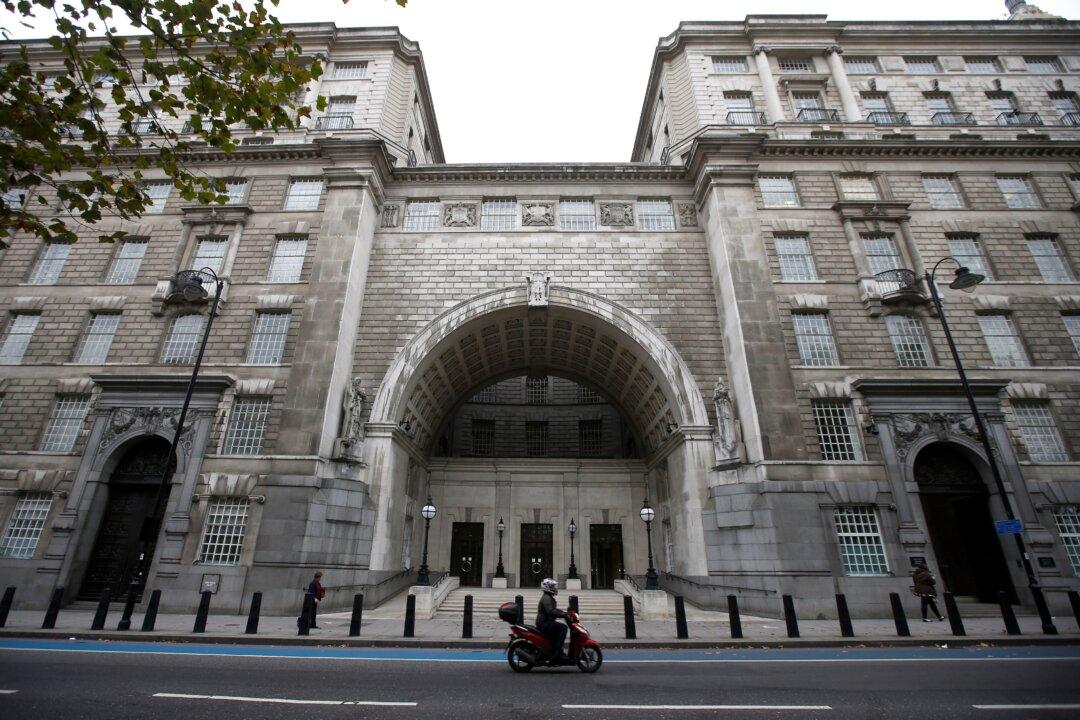A UK government bill, under which older children can be authorised to become spies for government agencies and break the law, will be challenged in the House of Lords next week.
The government’s Covert Human Intelligence Sources (CHIS) bill aims to confirm a set of safeguards and create a statutory basis for the long-used serious crime-fighting tactic of allowing undercover agents to engage in criminality to secure the trust of those they are investigating.





